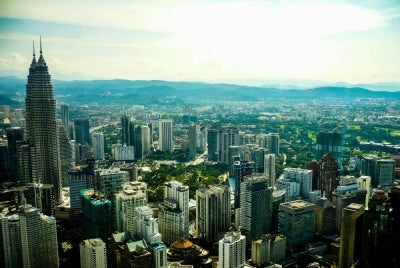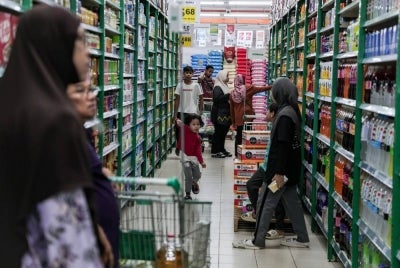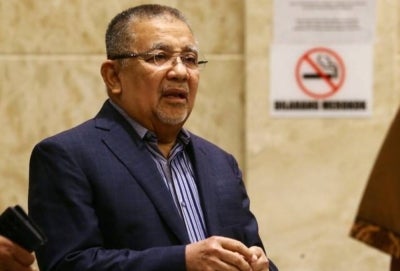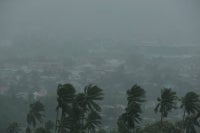Animal rights lawyers, activists urge wildlife agency to stop crocodile killing

SHAH ALAM - Sabah's decision to start culling crocodiles at hotspot areas in the state has sparked outrage among animal rights advocates.
Lawyers and animal rights activists from Lawyers for Animal Rights Rajesh Nagarajan and Sachpreetraj Singh condemned the action of the state Wildlife Department together with other state agencies killing 32 crocodiles in the state.
It questioned the department's decision to resort to lethal measures intead of adopting humane alternative for managing wildlife-human conflicts.
"We (group) are shocked to hear that the Sabah Wildlife Department together with other state bodies have gone on a murderous spree resulting in the murder of 32 crocodiles in Sabah as reported in The Star, yesterday (Thursday).
"The Sabah Wildlife Department which is tasked with the protection of wild animals is killing wild animals. How does this make sense?
"Any crocodiles that may endanger human lives should be immediately caught and translocated as what is usually done in most countries around the world.
"Why does the Sabah Wildlife Department instead of progressively catching crocodiles on a regular basis, go on an occasional murderous rampage?," they said in a statement.
The incident has ignited public outcry, with many Malaysians calling for accountability and a shift towards more humane and sustainable wildlife management practices.
Yesterday, it was reported that the state Wildlife Department announced plans to cull crocodiles in hotspot areas, focusing on reducing the risk of attacks on humans.
The culling, which began in Papar resulted in 32 crocodiles being shot dead over a three-day operation.
The department said no meat or by-products from the culled reptiles will be sold or exported due to the tedious process of obtaining government approval and limited manpower. The initiative will continue in phases across Sabah, with the culled crocodiles being buried and disposed of.
Despite inquiries about utilising crocodile skin for accessories, the department stated that no specialised factories for this purpose exist in Sabah, emphasising the focus on culling efforts rather than commercialising the reptiles' remains.
Download Sinar Daily application.Click Here!















